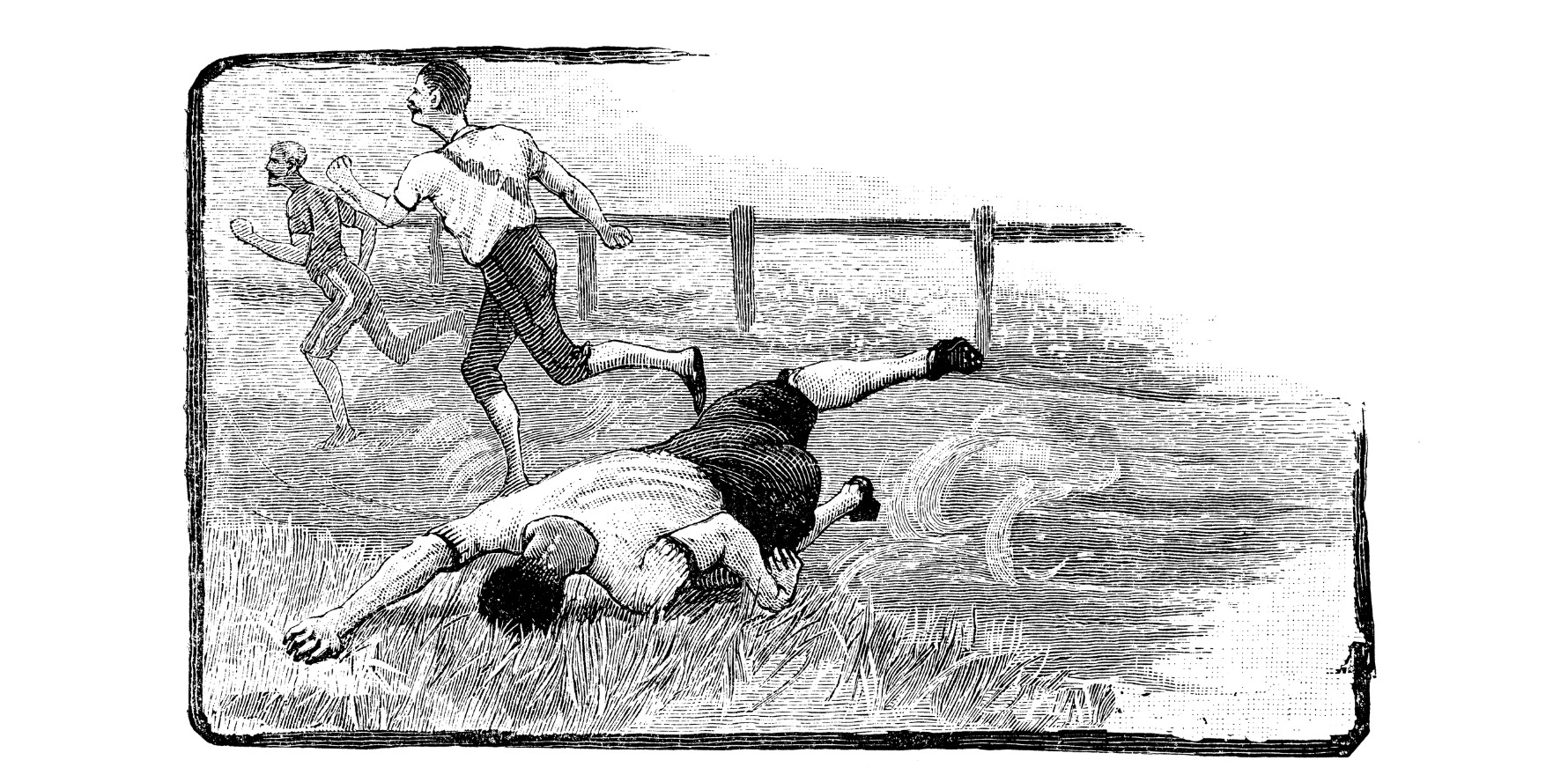Changes to Paxlovid and Lagevrio eligibility and an egg-free influenza vaccine are among other PBAC recommendations.
AstraZeneca was unsuccessful in its first attempt to get tixagevimab + cilgavimab (Evusheld) listed on the PBS.
Evusheld was up for consideration at the Pharmaceutical Benefits Advisory Committee (PBAC) September 2022 intracycle meeting for listing on the PBS for pre-exposure prophylaxis in immunocompromised people aged 12 years and older. However, it was not recommended.
This was due in part to various uncertainties, including its clinical place in treatment, the dose and duration against Omicron and any future covid variants, and a lack of data on the safety and efficacy of the proposed dosing regimen. High cost and uncertain cost effectiveness were also cited, with an estimated cost of over $1 billion per year.
The PBAC noted that the current 150-150mg dose didn’t protect against Omicron to the same extent as earlier variants. As such, AstraZeneca had proposed a doubling of the dose to 300-300mg with 6-monthly repeat dosing.
However, existing evidence was based on observational studies rather than clinical trials, and the safety of the increased dosing hasn’t been established. At the time of the PBAC meeting, the TGA was evaluating the proposed regimen but hadn’t finalised its considerations on its safety or efficacy.
In good news for rheumatologists, the PBAC recommended removing the Authority Required (STREAMLINED) requirement for leflunomide, thereby reducing administrative burden. The change was not expected to increase cost to the government.
Among other recommendations, the PBAC recommended amending the PBS listings for molnupiravir (Lagevrio, Merck Sharp & Dohme) and nirmatrelvir + ritonavir (Paxlovid, Pfizer) to allow people identifying as Aboriginal or Torres Strait Islander and 30 years of age or more, to need only one condition to meet the definition of high risk for the purpose of PBS eligibility. Currently they must have two additional risk factors to meet the requirements for oral antiviral treatment.
The committee also recommended that Paxlovid and Lagevrio both be added to Prescriber’s Bag supplies (Medical Practitioner and Nurse Practitioner), including two bottles of Lagevrio and two cartons of Paxlovid.
While the flu season may be coming to an end, the PBAC recommendation that the quadrivalent influenza virus vaccine (Flucelvax Quad, CSL Seqirus) be added to the NIP, if accepted, will provide alternatives for patients who cannot have the egg-based flu vaccines.
PBAC recommended that the vaccine be available for vaccination against influenza in Aboriginal and Torres Strait Islander peoples aged 5 to 65 years and pregnant women.
“The PBAC’s recommendation for listing was based on, among other matters, its assessment that the cost-effectiveness of QIVs would be acceptable with a small price premium compared to egg-based quadrivalent influenza virus vaccines and the acknowledgement of potential benefits associated with the diversification of vaccine manufacturing,” the committee noted.





